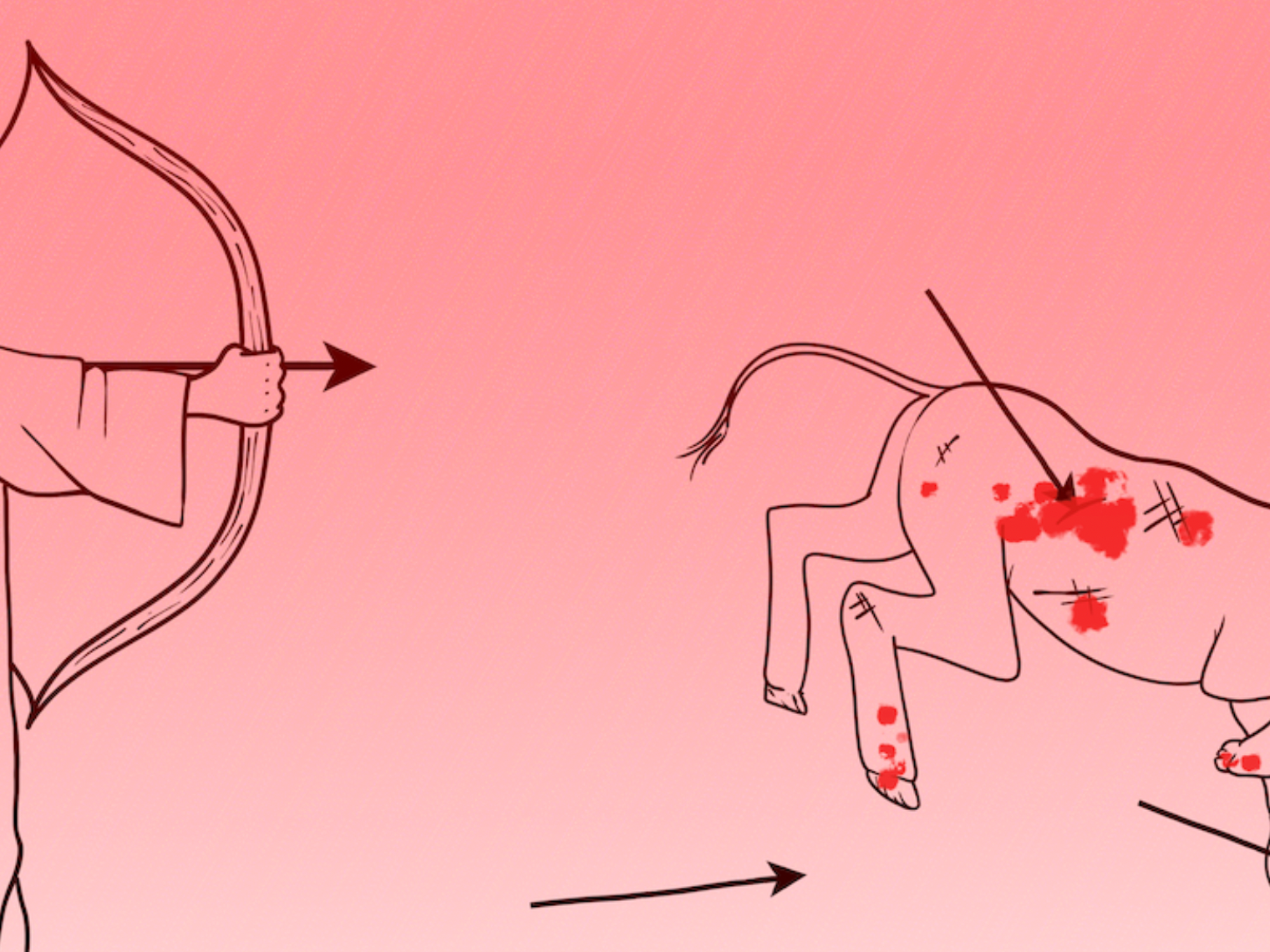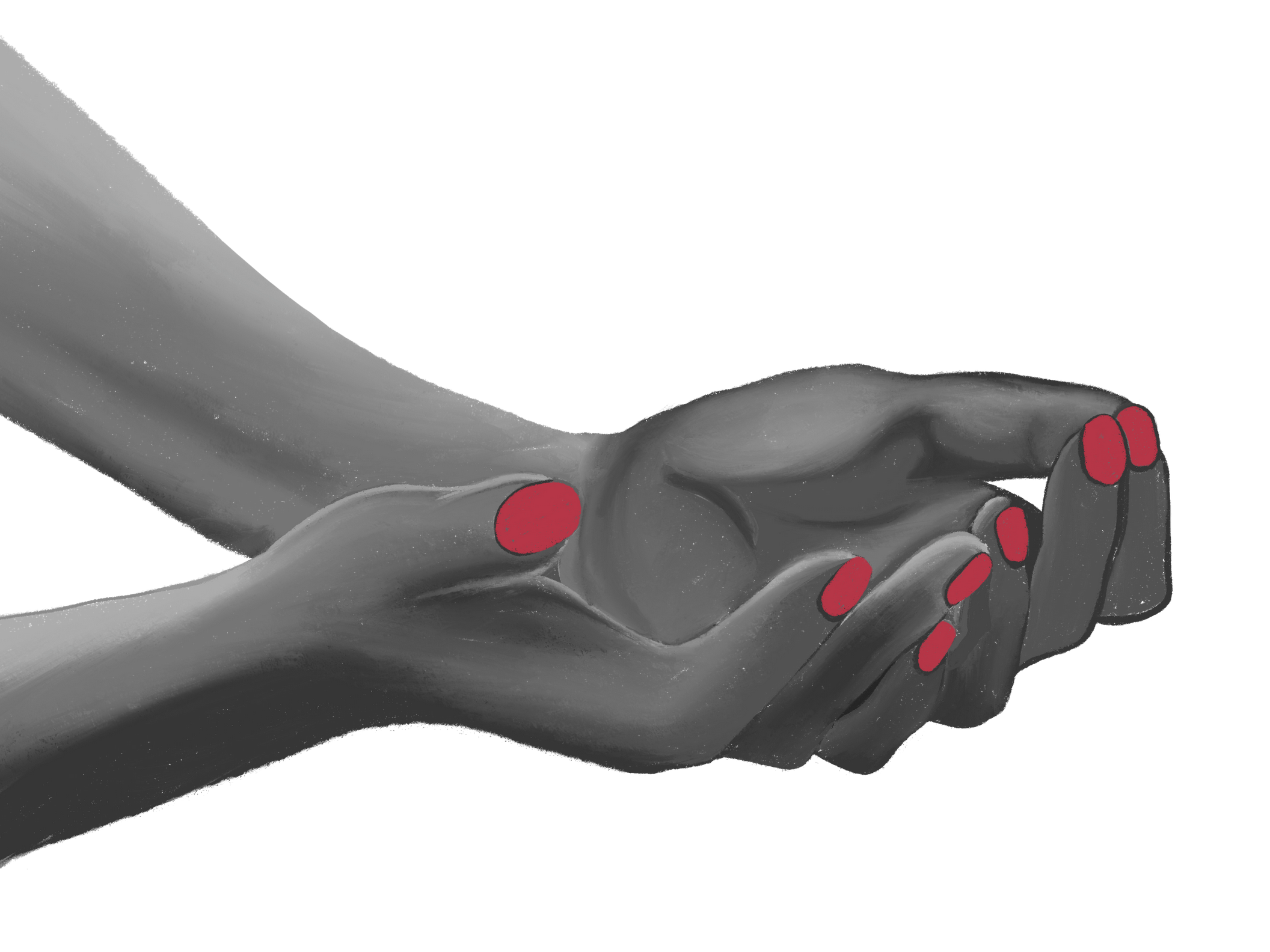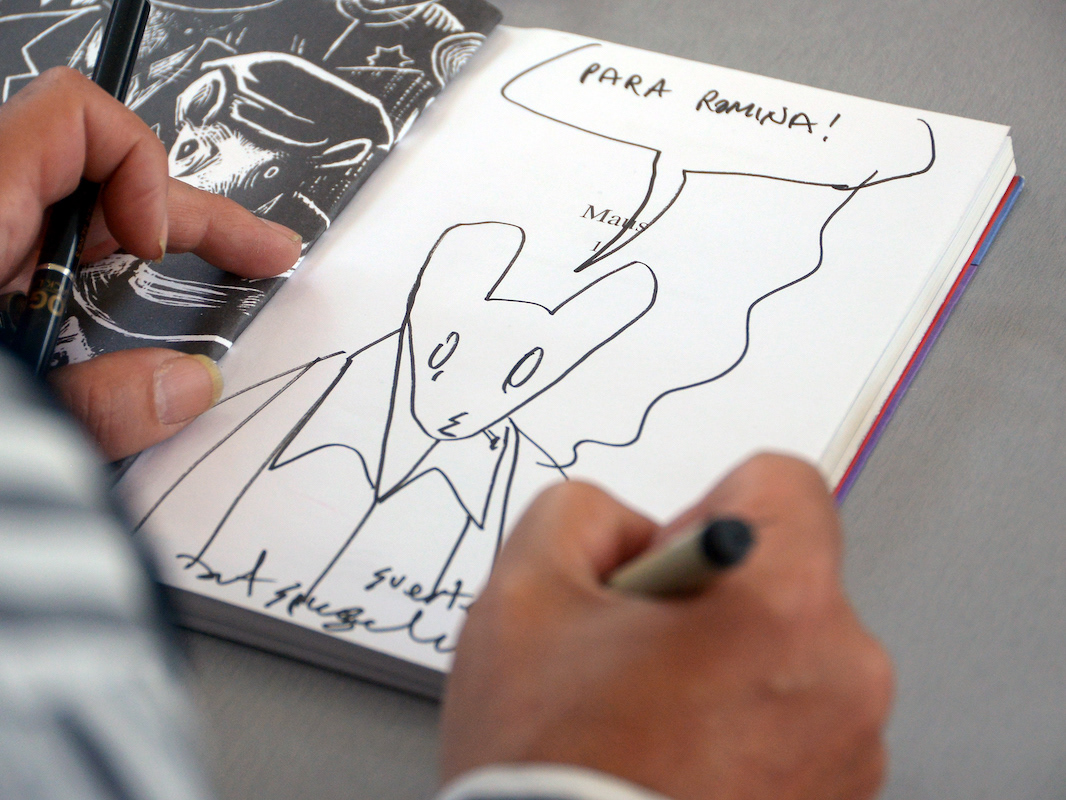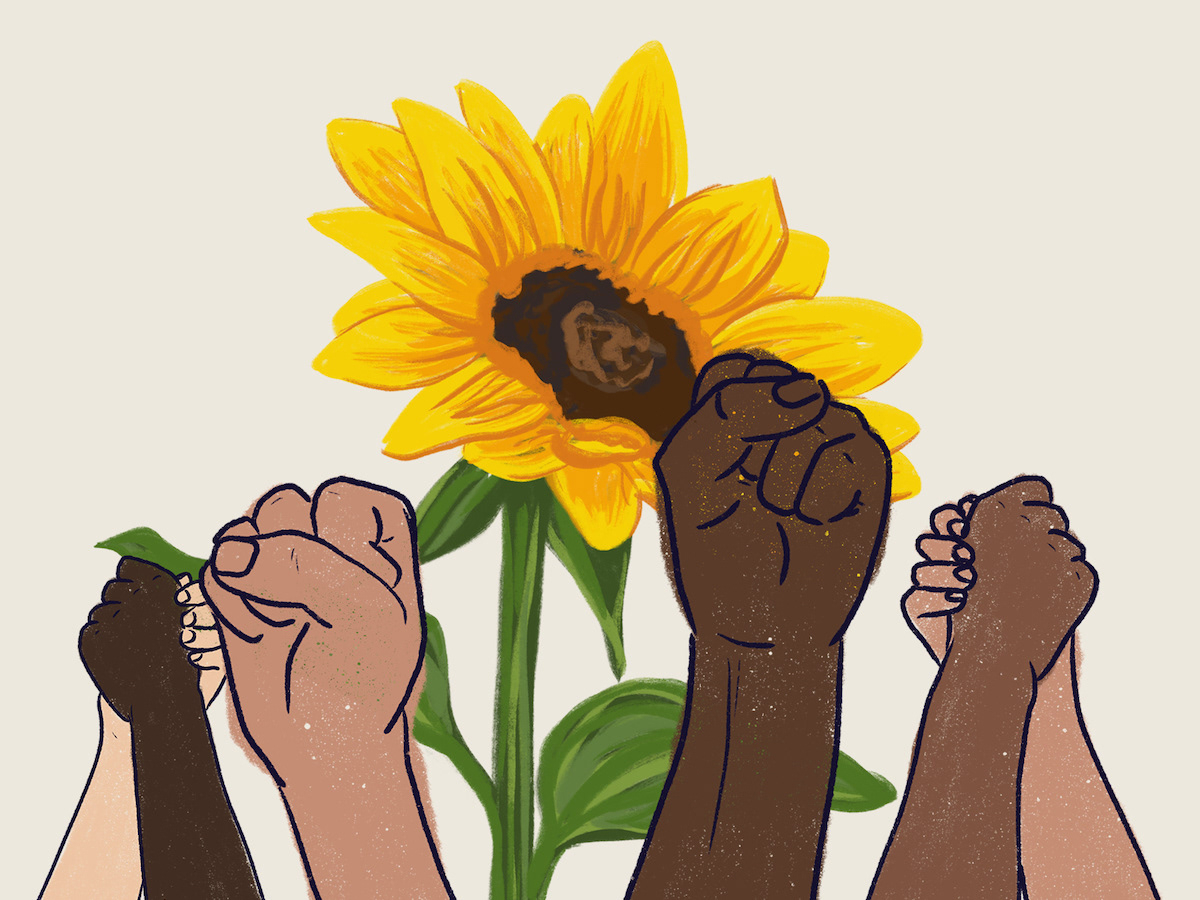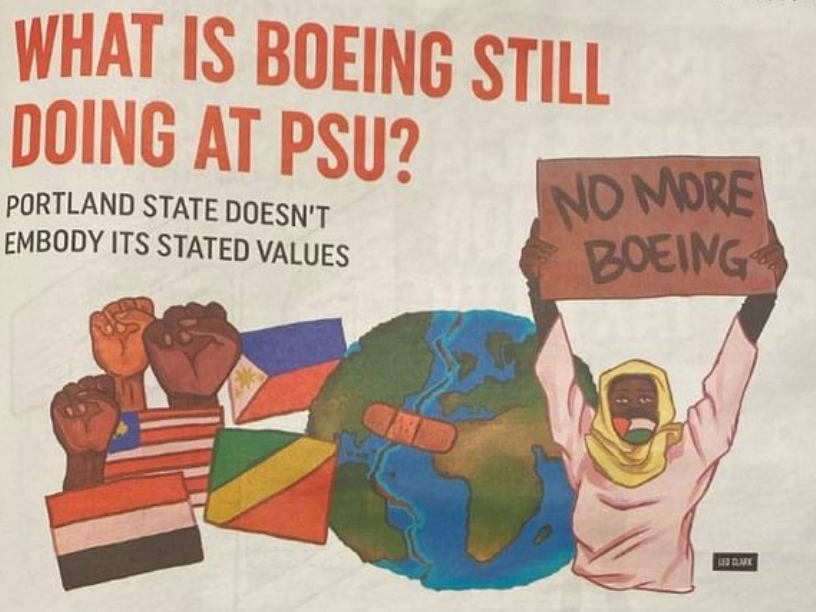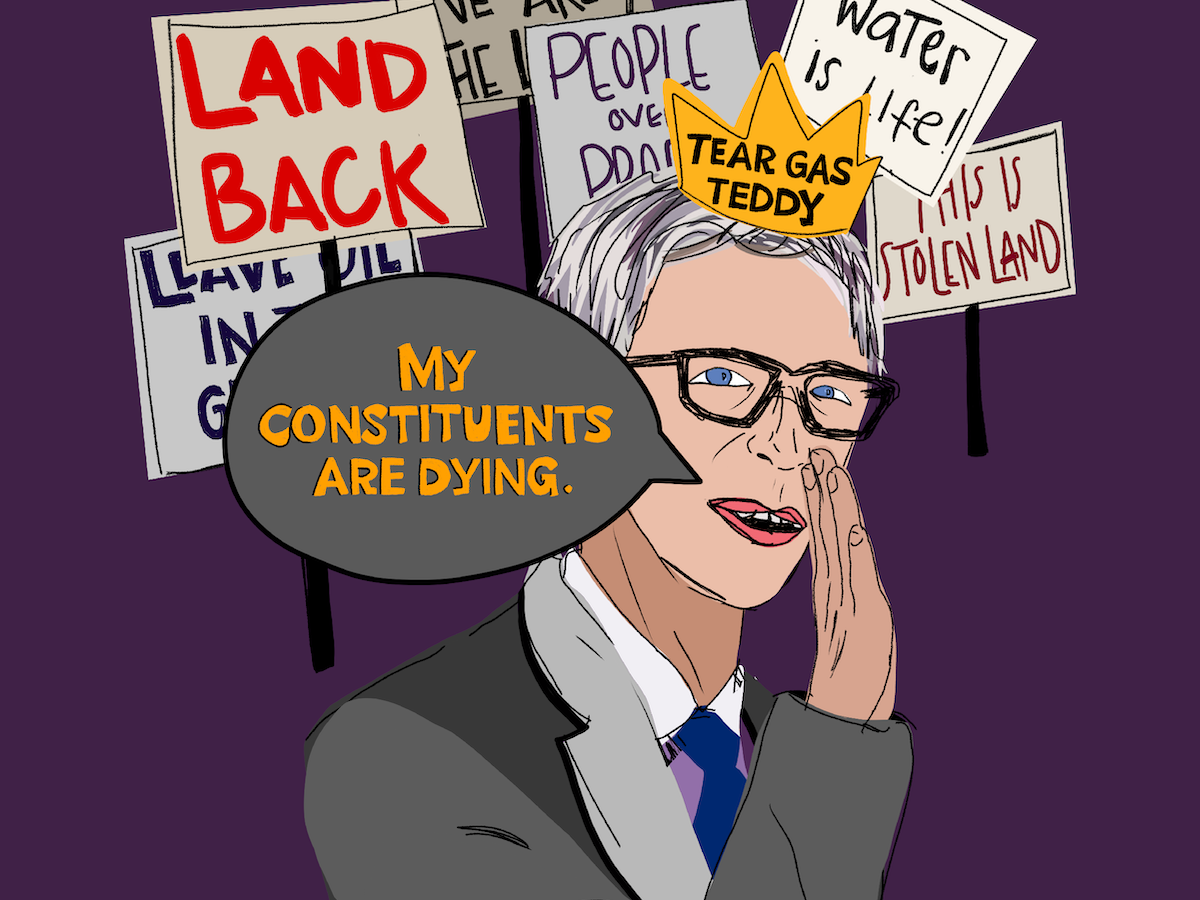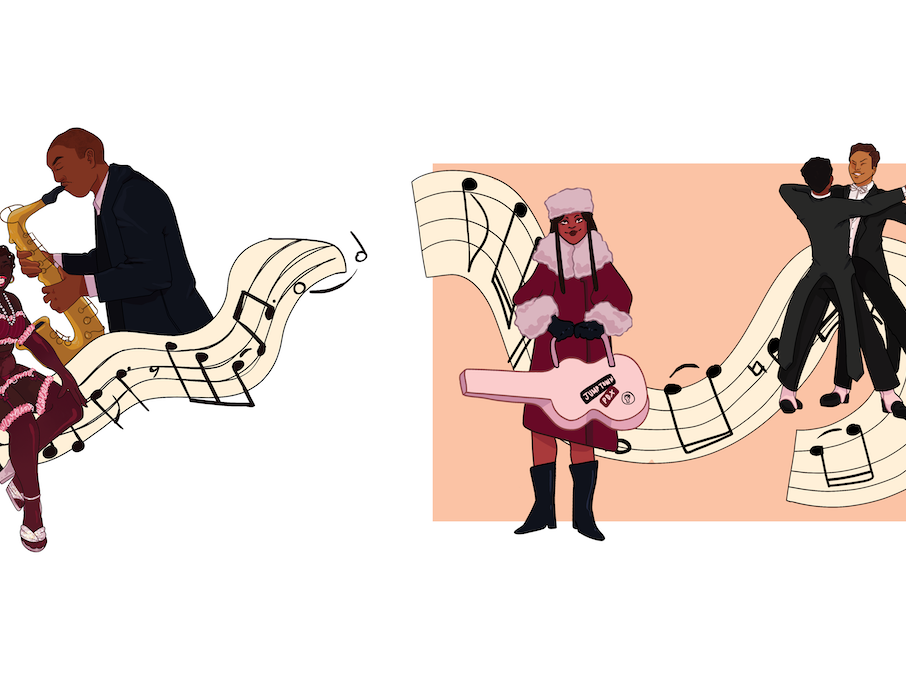I know, I know—we are all getting sick and tired of the election talk. Election season has been in full swing and seems to grow longer each cycle as more money and more vitriol seep into the already toxic process.
Here in Portland, the city council race between incumbent Jo Ann Hardesty and Rene Gonzalez has garnered quite a bit of attention.
The framing of the choice mirrors that of much of the country—Portland has seen a hollowing out of the central city and downtown corridor in the wake of the COVID-19 pandemic shutdowns and remote working. The cost of living has continued to skyrocket across cities but is now also buoyed by rising inflation and interest rates, making rent and the prospect of homeownership out of the reach of an already precarious and struggling working class. This has also exacerbated the crisis of houseless people.
Then there is the right’s favorite talking point—crime and violence. These factors, as well as their attendant economic stressors across other sectors of modern life, have indeed brought an increase in crime—violent crime in particular—locally and nationally.
Gonzalez placed the blame for much of this at the feet of his opponent and left-progressive policies in general.
“We are at an inflection point in the story of Portland,” his campaign website states. “We cannot sit back idly and watch the city we love struggle without working to help solve its problems. If you’re like us, you agree that rising crime, declining livability, and City Hall’s ineffective ideologically driven policies are ruining the city we used to proudly call home.”
This is a standard strategy long-employed by Republicans and centrist Democrats. Former President Richard Nixon famously declared a ruinous and patently racist war on drugs and launched the tough-on-crime messaging and policy that has plagued United States politics ever since.
Democrats also seized on this messaging. The American Civil Liberties Union reports that former President Bill Clinton joined in on the fear-mongering with his 1994 Crime Bill that led to a massive expansion of incarceration in the U.S., the building of more prisons, an expansion of private for-profit prisons, minimum sentencing legislation across the country and harsher punitive measures across the board.
Democrats like President Joe Biden still use their support of such legislation in the past to counter Republicans, even going so far as saying that the bill “worked in some areas. But it failed in others… The violent crime rate was cut in half in America.”
So the big, bad boogeyman of crime—and a candidate’s punitive harshness in response to it—is a potent scare tactic in past and present U.S. politics. But does Hardesty bear responsibility for the increase in severity of these problems over the past four years?
She was elected in 2018 on a wave of progressive outrage in response to the rightward lurch of former President Donald Trump’s election. Then in 2020 we entered into an unprecedented global pandemic; a near-complete economic shutdown; global supply-chain failures; a public loss of faith in the police with the police executions of George Floyd, Breonna Taylor and others which lead to uprisings in Portland for well over 100 days; climate change-induced massive wildfires, and—well, you also lived through all of this.
By my own estimation, Hardesty is the most progressive elected politician in Portland—and probably anywhere in the U.S. She worked as a community organizer for the Black United Fund of Oregon, then was the president of the National Association for the Advancement of Colored People Portland Branch and the Albina Ministerial Alliance, and then served as director of Oregon Action—now known as Unite Oregon.
If this pedigree in grassroots organizing and championing of social justice and civil rights were not enough, she was a chief proponent of a real, meaningful alternative to policing—Portland Street Response, a service that provides unarmed health professionals who can then respond to people experiencing a crisis. Not to mention that she also pushed through successful ballot measures in 2018 for the Portland Clean Energy Community Benefits Fund and in 2020 for the Police Accountability Commission.
Some have tried to hold her feet to the flame for saying that she believed the Portland police were the ones setting fires at the downtown Black Lives Matter and police abolition protests in 2020. She promptly apologized for her statements, admitting her anger and emotions got the best of her. Former Portland Police Association President Daryl Turner pounced on this, and it has also served Gonzalez as a talking point against her. I commend her for taking a conciliatory tone and apologizing at all after the brutality that we saw from the police on the streets that summer.
The current election season is hell-bent on convincing us that police reform—and particularly calls to defund or abolish the police—are the cause of the breakdown in social order and rising crime. Of course, there is not one shred of evidence that this is true, and Street Roots reports that the slight reduction in the Portland police budget in 2020 was short-lived, as now in 2022 they have seen a record budget increase to $249 million.
Even our slimy Mayor Ted Wheeler has called bullshit on the Portland Police Bureau, admitting that the issue at this point is not funding—it’s finding candidates who want to actually be police officers in a city that rightfully resents them, and then getting them past background checks.
Hardesty is not a panacea for all of the ills that Portland faces. No politician is. The problems facing Portland predate her and are part of broader historical injustices that are playing out across the country.
Gentrification and speculative land accumulation have pushed low-income people onto the streets and will continue to do so. The COVID-19 pandemic tugged at the fraying threads of a decaying social system that was already failing many—especially people of color—by design. Anger and acting out are understandable and rational responses to a world in tumult. We are terrified by the chasm of uncertainty and insecurity—any behavioral psychologist will tell you this.
What Hardesty does offer is to be a voice for people who rarely ever have one in the halls of power. She was the first and only Black woman elected to Portland City Council, a city that has resolutely treated its Black community horribly. Beyond her identity, she also stands up to the most powerful and violent institution in our city, the Portland Police Bureau. These are people vested with the authority to use deadly force who have continually run afoul of the U.S. Department of Justice over disproportionate use of force and brutality, as well as a failure to adhere to its own directives.
Gonzalez offers nothing new—just classic fear-mongering about crime, an unflattering deference to his biggest donors, calls for more investment in policing and a cozy alliance with the big-business interests of the Portland Business Alliance and property developers in downtown Portland. Throwing more violent cops at our problems is not the answer. We need compassion, innovation, community investment, public oversight and grassroots movements for and by the people.
I am an anarchist. As such, I believe that directly engaging in the democratic and horizontal sharing of power through general assemblies rather than voting in representational systems of power is how we can best serve all of our community members and deal with systemic problems across our society.
In the meantime though, local elections have real consequences upon the lives of many, and especially on those most at the margins. Hardesty is the only person running for city council who is even remotely in alignment with the values that I hold dear. She will have my vote, and I hope she continues to give the gentrifiers and police hell.
Illustration by Kelsey Zuberbuehler

